How Much Should You Really Workout?
After a long day at work, probably the last thing you feel like is exercise. With a busy schedule and maybe even a family, finding time to move your body can prove difficult.
Plus, in today’s modern world, time is one of our most precious resources. No one wants to spend hours upon hours in the gym each day (and let’s be honest, no one has time for that!).
So, how much exercise do you actually need to reap the benefits? What are the exact benefits of regular exercise? And what else should you know?
Do You Actually Need Exercise?
Everyone benefits from exercise. From improved mental health to physical benefits, the body is made to move. So, before we explore how much exercise you need, let’s take a brief look at the benefits of exercise. Why bother?
The Benefits of Exercise
There are many benefits of exercise, including mood improvement, muscle strengthening, and weight management. The following offers a brief list of the most important benefits.
Improves Cognition
Exercise can help improve your cognitive abilities and protect you from cognitive degeneration. And this all happens through the power of neuroplasticity!
Neuroplasticity is the ability of the nervous system to change itself by responding to its circumstances. Essentially, it means that your neurons can adapt and grow to help you adjust to your changing environment. In fact, exercise increases neuroplasticity, meaning it helps strengthen neural connections and make new ones. It also prevents cognitive decline, such as dementia and other age-related cognitive changes, helping you age gracefully.
Reduces Anxiety and Depression
Feeling anxious or depressed can drastically impact your quality of life and your health. However, exercise has been shown to reduce anxiety and depression, as well as psychosis. It may even decrease tension in the body, as well as help with headaches and other physical pain associated with depression and anxiety.
Exercise may further promote a positive body image, emotional stability, and confidence, enhancing your overall mental health and wellbeing.
Improves Sleep
Exercise may further increase the amount of deep sleep that you can get. Although it is not fully understood how exercise helps us sleep, exercise has shown to increase quality sleep, especially slow-wave sleep.
Additionally, since exercise reduces anxiety and depression, it may also help you sleep better simply by reducing body tension and helping with insomnia, such as that in relation to anxiety and depression.
However, it’s important to note that exercising two hours before bed isn’t recommended. This is because exercise releases chemicals and hormones, making you feel more alert and awake. In turn, this may mean that you experience difficulties falling asleep at your usual time.
Strengthen Muscles and Bones and Prevents Falls
Muscle strength is especially important as we age. After the age of 30, the body naturally begins to lose muscle mass, which can further lead to falls and other accidents. Keeping our muscles strong helps us perform our daily activities effectively and protects us from accidents, such as falls.
Exercise further helps to prevent bone density loss that occurs as we age. Regular physical activity encourages the body to lay down new bone mass, keeping our bones and body strong and preventing injuries, such as hip fractures.
Helps in Weight Management
Another benefit of exercise is that it can help you manage or lose weight. If you are unhappy with the way that your body looks or feels, exercise can help you maintain or gain the body type that you are looking for. And of course, exercise also helps with mental health and can help you feel better about your body — even if your goal isn’t to lose weight.
Reduces Your Risk of Chronic Disease
Various research shows how exercise plays a major role in preventing chronic — and potentially, life-threatening — diseases. In fact, regular physical activity can help reduce your risk of type two diabetes and heart disease.
Increases Longevity
Overall, exercise increases our chances of living longer. Very few factors have as much impact on life expectancy as exercise does. People who exercise for at least 150 minutes per week are 33% less likely to die from any cause than sedentary people.
Is 20 Minutes of Exercise a Day Enough?
If you are feeling overwhelmed by the idea of exercise, starting with even just 10 minutes per day is a great way to ease into it. That way, you can gradually build and find the best way to fit movement into your daily life.
Ideally, most experts agree that about 20-30 minutes of exercise each day is ideal. And this can include an array of movements, such as 10 minutes of walking here or there, intentional exercise (like a workout class or strength training), or yoga.
It’s further important to note that too much exercise isn’t good for your body or your health either. Everything in moderation! In fact, on the extreme end of things, excess exercise can have negative metabolic consequences, such as mood disturbances, extreme fatigue, and more. Thus, finding a healthy balance is essential when it comes to moving your body.
The Verdict…
Exercise is an incredibly important part of a healthy lifestyle. In an ideal world, each person would get about 20-30 minutes of movement each day. However, with busier than ever schedules, this might be hard to achieve.
At the same time, exercise can look like many different things for different people, depending on your fitness level and specific health situation. It can be as simple as walking around the block or taking the stairs over the elevator. Alternatively, if you have a set goal, intentional exercise, such as weight training, HIIT exercises, CrossFit, etc., are always a good idea.
Ultimately, the goal is to move your body. As you go about your day, try to look for opportunities where you can do just that. Your body and health thrive when you move!
Tips and Other Resources
If you are looking to get started or change up your daily exercise routine you can check out some more great content that covers workouts that require minimal to no equipment, stretches you can do from almost anywhere, or some basics for simple exercises like squats.
THE OFFICIAL BELT OF USA WEIGHTLIFTING
Grab the belt worn by weighlifting Olympians: CJ Cummings, Mattie Rogers, and Jourdan Delacruz



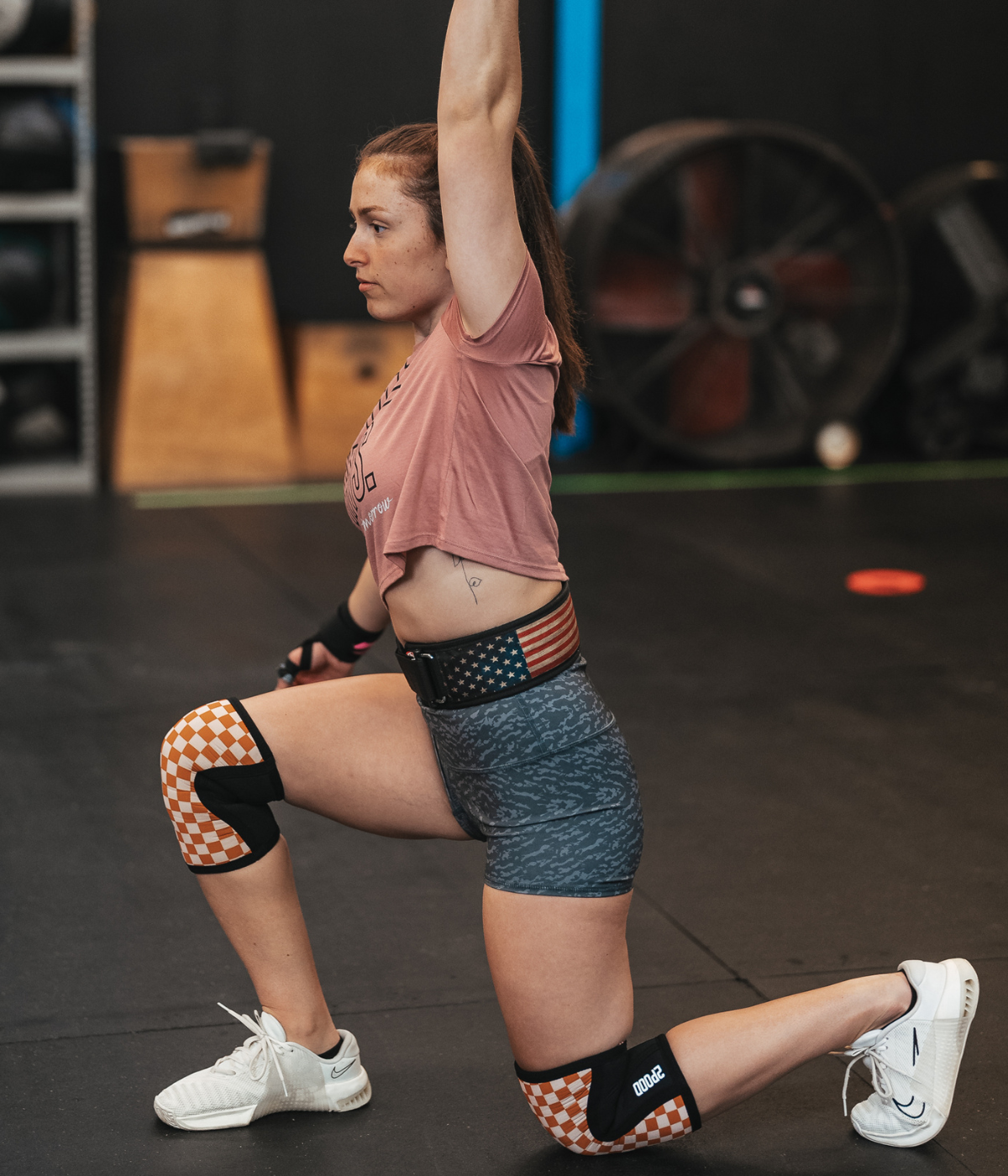
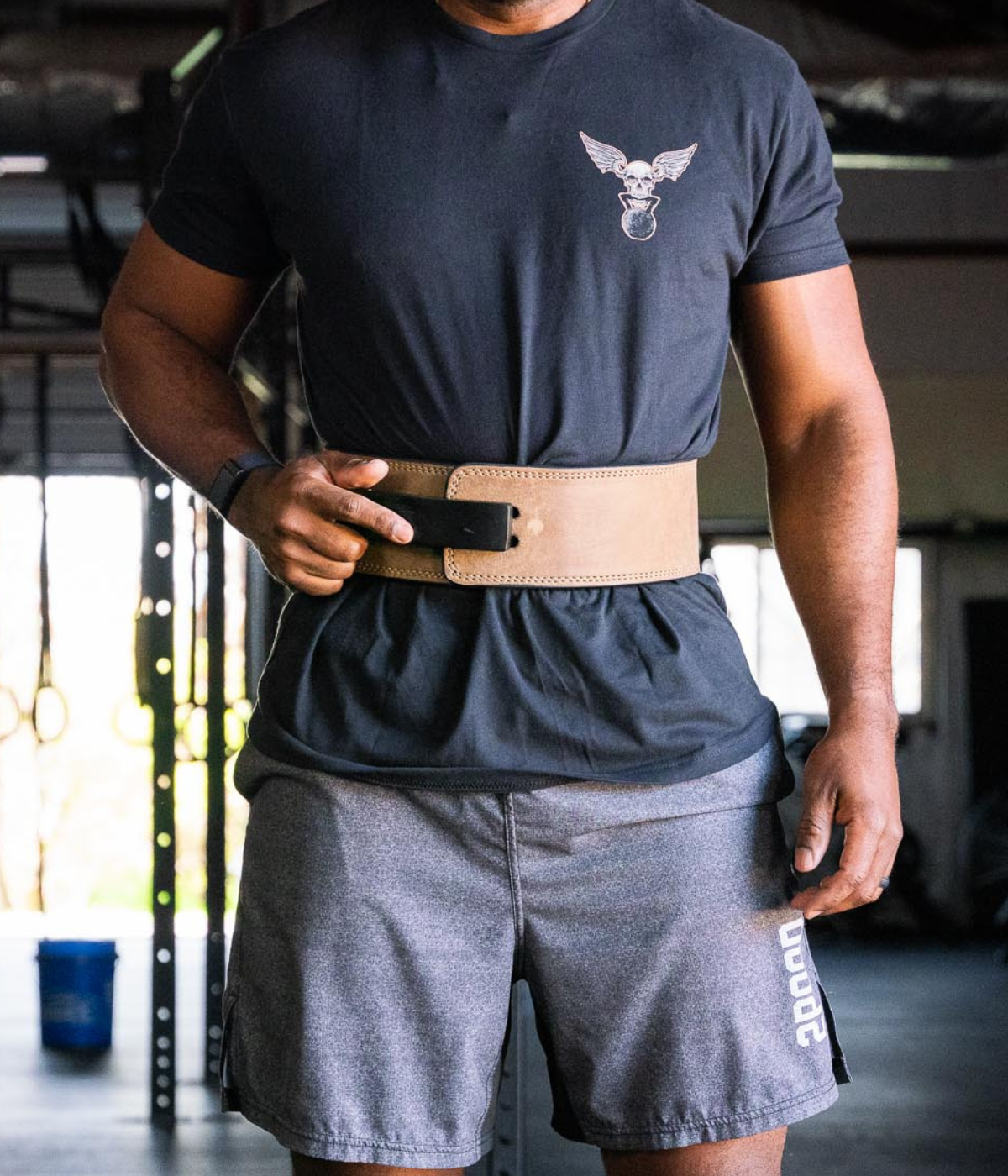
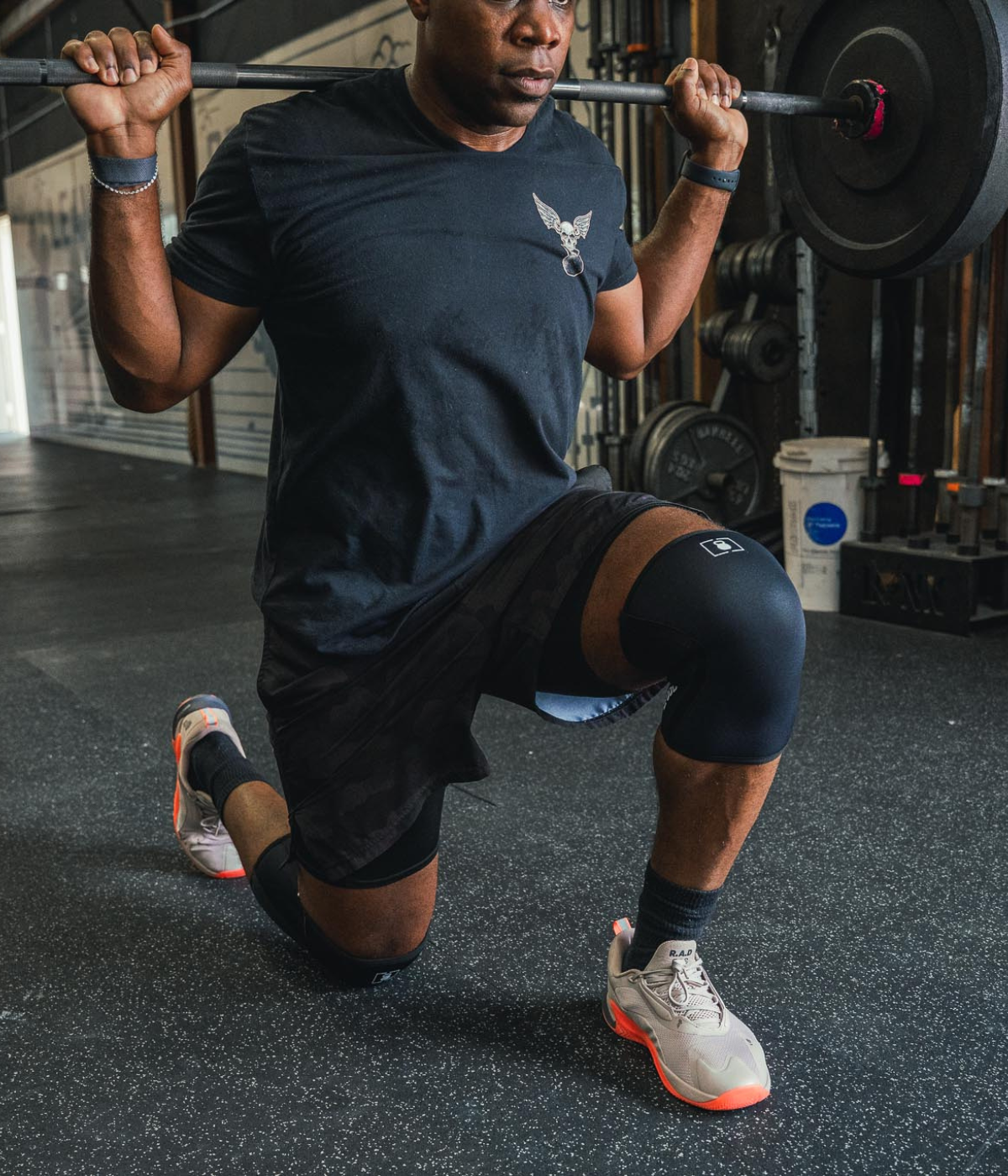

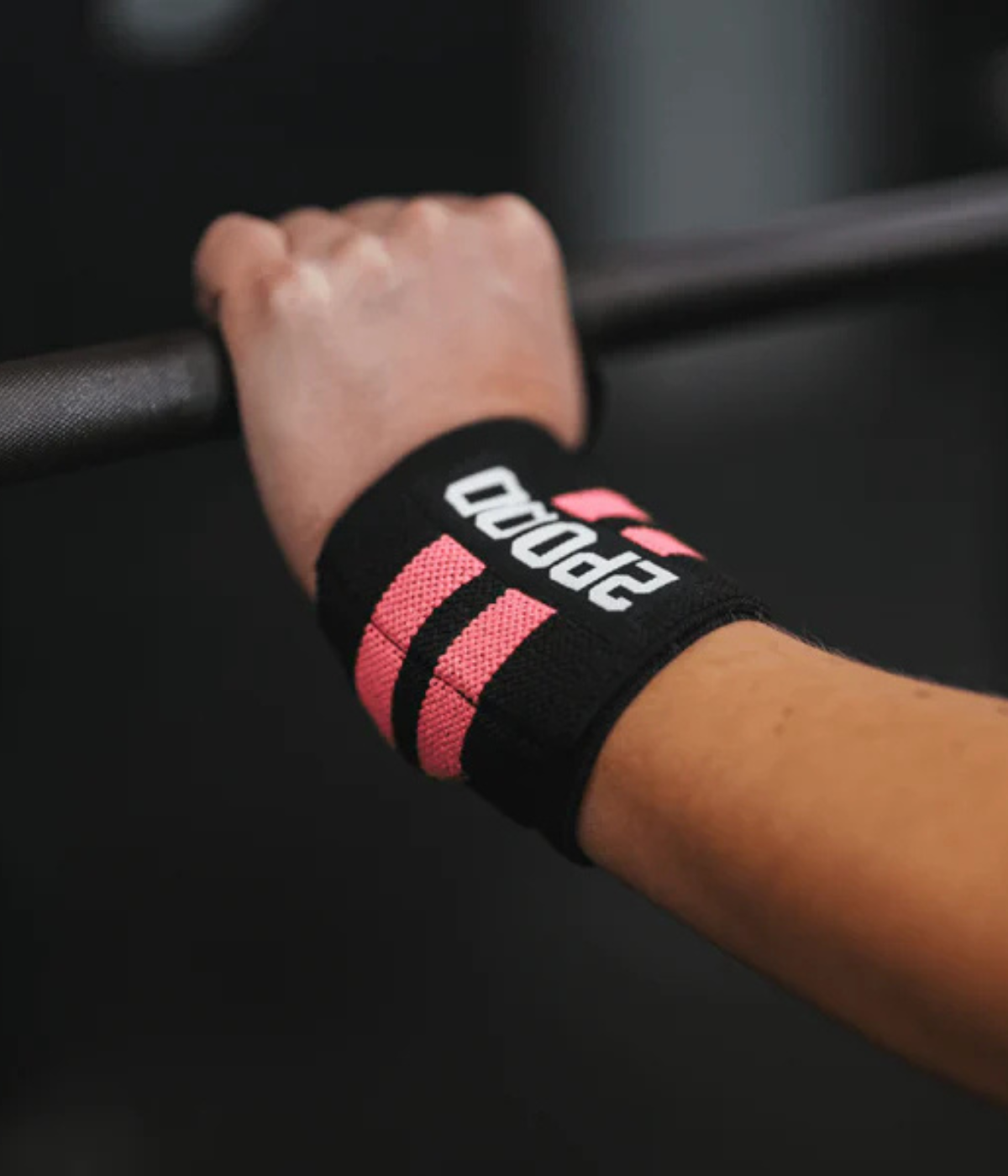





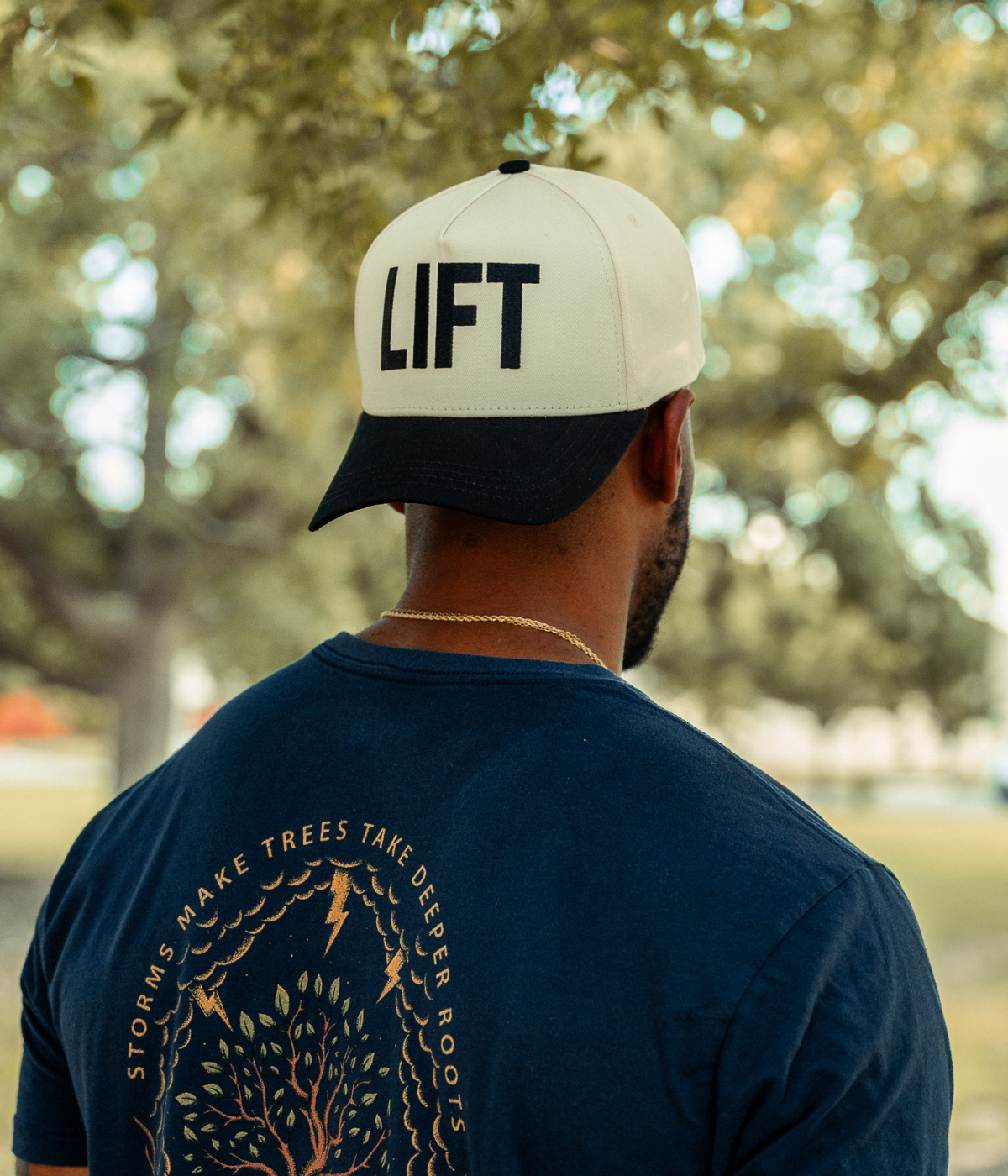
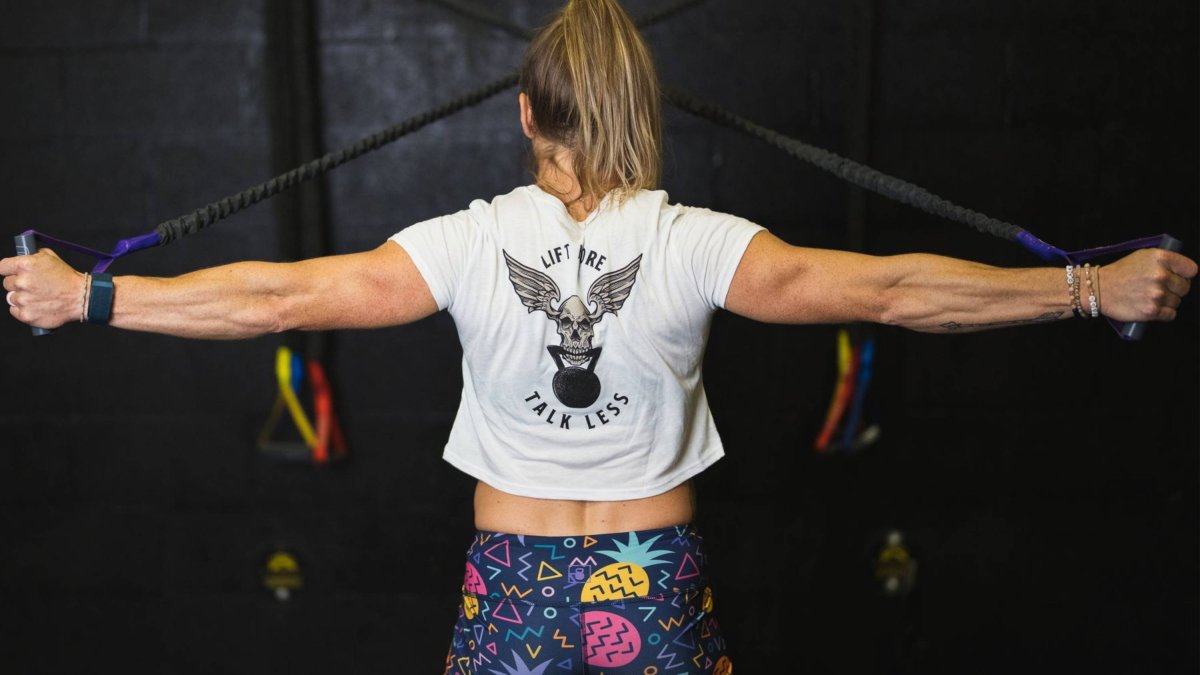
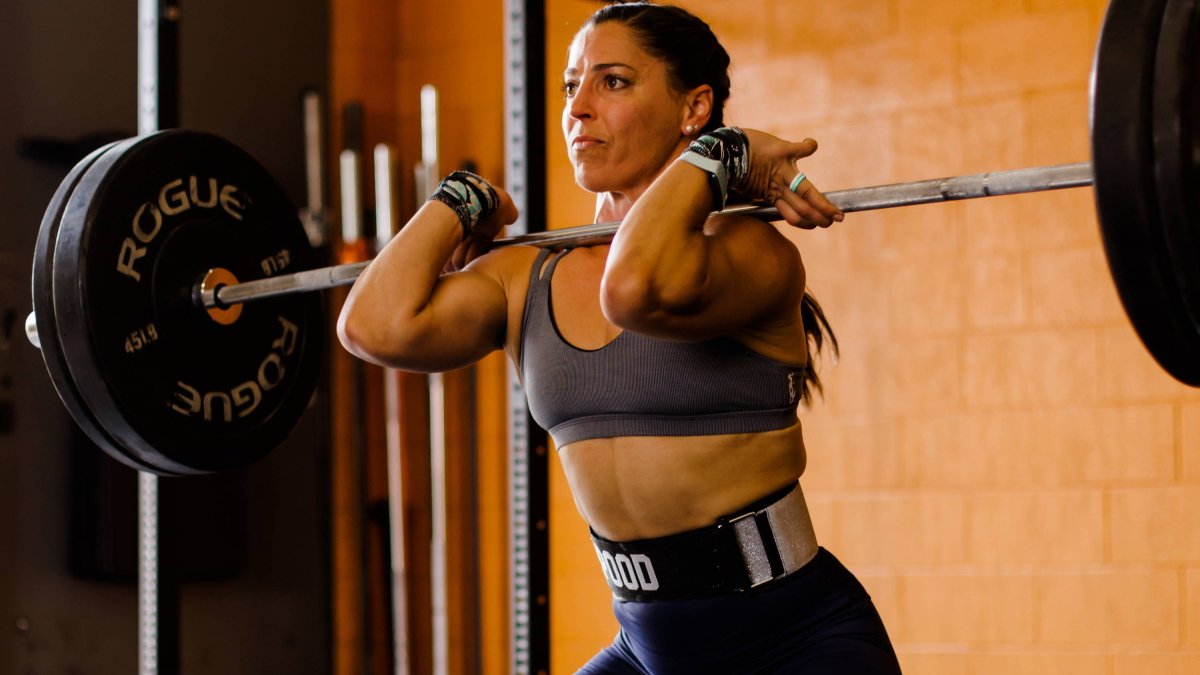
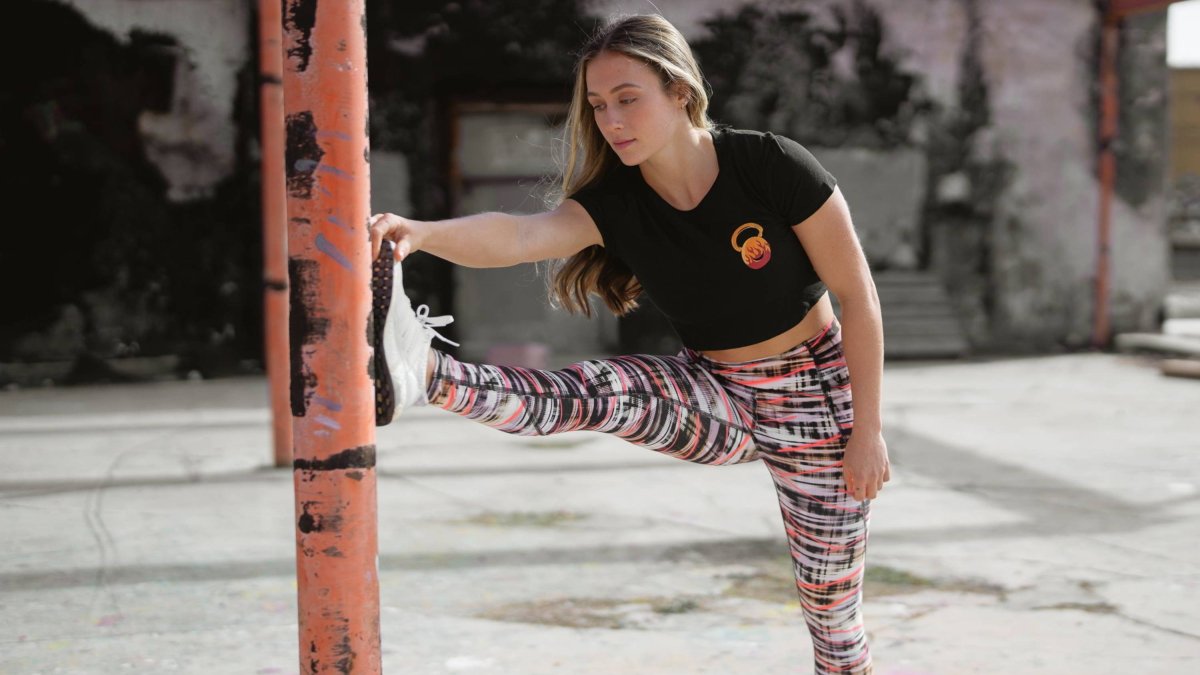
Leave a comment
All comments are moderated before being published.
This site is protected by hCaptcha and the hCaptcha Privacy Policy and Terms of Service apply.